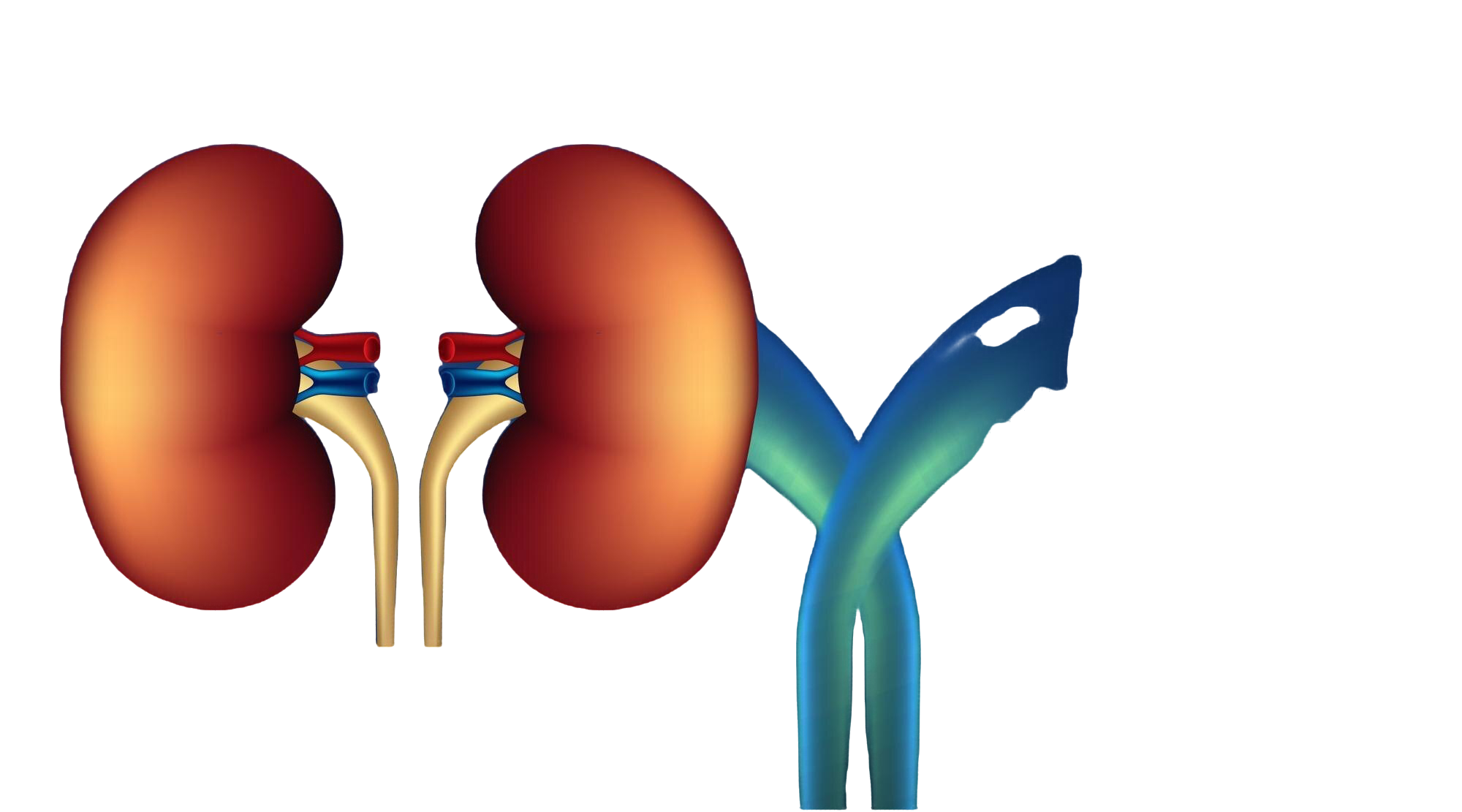In a concerning development from Japan, over 100 individuals have reportedly fallen ill, and at least five have died after consuming a popular dietary supplement, Benikoji Choleste, marketed as a natural remedy for lowering cholesterol. This supplement, sold by Kobayashi Pharmaceuticals, contains red yeast rice (RYR), which naturally contains lovastatin, a substance with cholesterol-lowering properties. However, recent reports have revealed that this product is not as harmless as it might seem.
What Is Benikoji Choleste?
Benikoji Choleste, often referred to as red yeast rice, is marketed as a natural way to reduce cholesterol levels. It gained attention because it contains lovastatin, a substance originally derived from a fungal species and used in prescription drugs to treat high cholesterol. Lovastatin works by inhibiting a liver enzyme called HMG-CoA reductase, which is involved in the biosynthesis of cholesterol. While lovastatin itself is effective in lowering cholesterol, the presence of this compound in a dietary supplement raises significant questions regarding its classification and potential risks.
The Role of Red Yeast Rice and Lovastatin
Red yeast rice is produced by fermenting rice with a specific strain of mold, Monascus purpureus, which naturally contains lovastatin. This substance is effective in lowering cholesterol, but because it is essentially a drug, it raises a critical issue: can a substance like lovastatin be marketed as a dietary supplement? The answer depends on its concentration, as supplements that contain lovastatin in excess amounts should be classified as drugs. Unfortunately, manufacturers of supplements like Benikoji Choleste can legally sell them as “foods” due to loopholes in current regulations.
Why Is This Dangerous?
The potential risks of red yeast rice supplements lie not only in the presence of lovastatin but also in the presence of toxic byproducts produced during fermentation. When red yeast rice is fermented, it can form at least 75 organic compounds, including citrinin, a potent kidney toxin. The presence of citrinin in red yeast rice is especially concerning because it can lead to kidney damage and failure, a condition observed in the reported cases of illness and death linked to Benikoji Choleste.
Despite these known risks, the lack of regulation in the dietary supplement industry allows products like this to remain on the market. Since supplements are classified as food products rather than drugs, they bypass stringent regulatory oversight, and manufacturers are not required to adhere to the same safety standards that apply to pharmaceuticals.
The Regulatory Oversight Issue
The underlying issue here is regulatory loopholes that allow dietary supplements to evade the strict scrutiny given to prescription drugs. In the United States, the Food and Drug Administration (FDA) classifies supplements as foods, meaning they are not subject to the same testing and purity standards that drugs must undergo. As a result, harmful or dangerous products can be sold to consumers without adequate oversight. The FDA only acts after products have caused harm, making it difficult to prevent damage before it happens.
As Dr. Pieter Cohen, a professor at Harvard Medical School and a long-time critic of the supplement industry, pointed out:
“The FDA is responsible for regulating dietary supplements. We might think of them as health products, but in fact, they are regulated as a subcategory of food. This means that the manufacturer can introduce anything into the market that they believe is safe, and it is only after harm is caused that the FDA steps in to remove the product.”
This regulatory disparity is one of the main reasons that dangerous substances like citrinin can be found in products like Benikoji Choleste.
The Dangers of Misleading Labels
Benikoji Choleste’s labeling is another key issue. While the product claims to “support healthy lipid levels,” a common tactic in the supplement industry, this vague language is intentionally designed to avoid making direct medical claims. By using terms like “support,” manufacturers can circumvent regulations that would otherwise classify the product as a drug. In effect, consumers are led to believe that the supplement is a safe, natural alternative to prescription medications, which is far from the truth.
The Need for Reform
The tragic deaths and illnesses linked to Benikoji Choleste should serve as a wake-up call for both consumers and regulators. The dietary supplement industry is notoriously under-regulated, and the case in Japan highlights the dangers that can arise when harmful products slip through the cracks. To prevent further harm, it is crucial that governments around the world, including Japan, the U.S., and others, tighten regulations and ensure that products like Benikoji Choleste are subject to the same rigorous testing and oversight as pharmaceutical drugs.
In the wake of this crisis, many experts, including Dr. Henry Miller, have called for stricter regulations on supplements to protect consumers from dangerous products masquerading as harmless alternatives to medicine. As the incident in Japan continues to unfold, it is clear that stronger action is needed to protect public health and prevent further fatalities.
Conclusion
The case of Benikoji Choleste underscores the dangers of the largely unregulated dietary supplement industry. What may appear as a harmless product is, in fact, a potentially deadly substance due to the presence of toxic byproducts like citrinin. As more consumers turn to supplements to manage their health, it is essential that we reassess and reform how these products are sold and monitored. Until such reforms are made, the public will continue to be at risk of consuming dangerous products with life-threatening side effects.
For more on the dangers of dietary supplements and ongoing regulatory challenges, experts continue to call for stricter controls and better consumer protection standards worldwide.
References:
- CBS News
- Dr. Henry Miller, “Death By Dietary Supplement,” ACSH, 2023
- Dr. Pieter Cohen, Harvard Medical School



